(M)oral Torah

Vayishlach: When Our Moral Compass Requires Wrestling
The path may never be clear, a single arrow to follow towards moral perfection, but Jacob teaches us that it is holy work to wrestle, to struggle with forging our own winding path towards what we feel is moral.
more
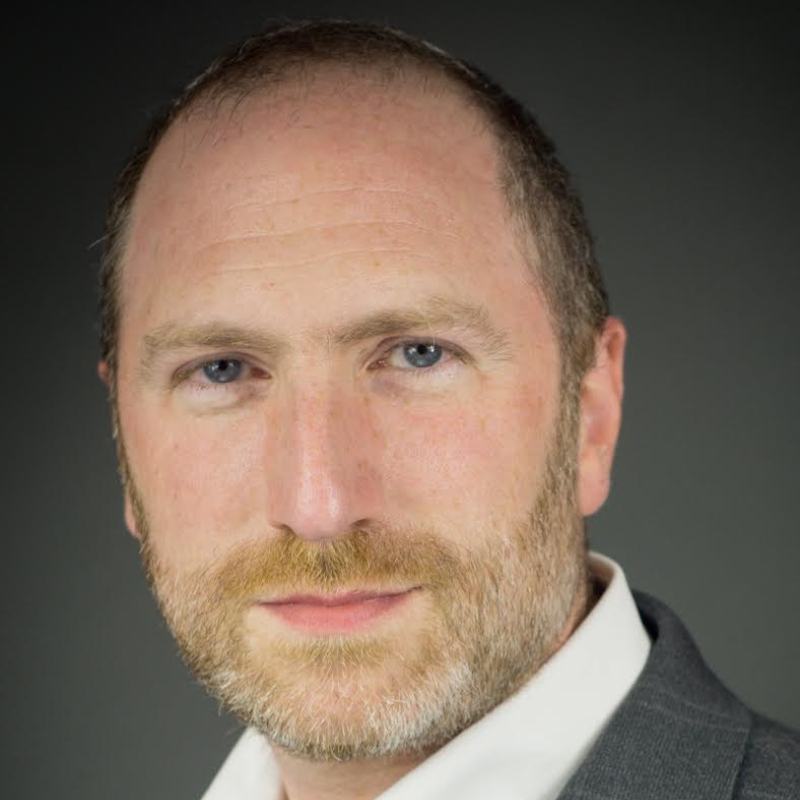
Vayetze: How We Choose to See the World
We must not merely curse the world as irreconcilably wicked, incapable of beauty, love, or justice. Rather, we must bless what is good, offering our gratitude for the holiness in our lives and in each other, so that we may see to our work to repair the world with that much more love and compassion.
more
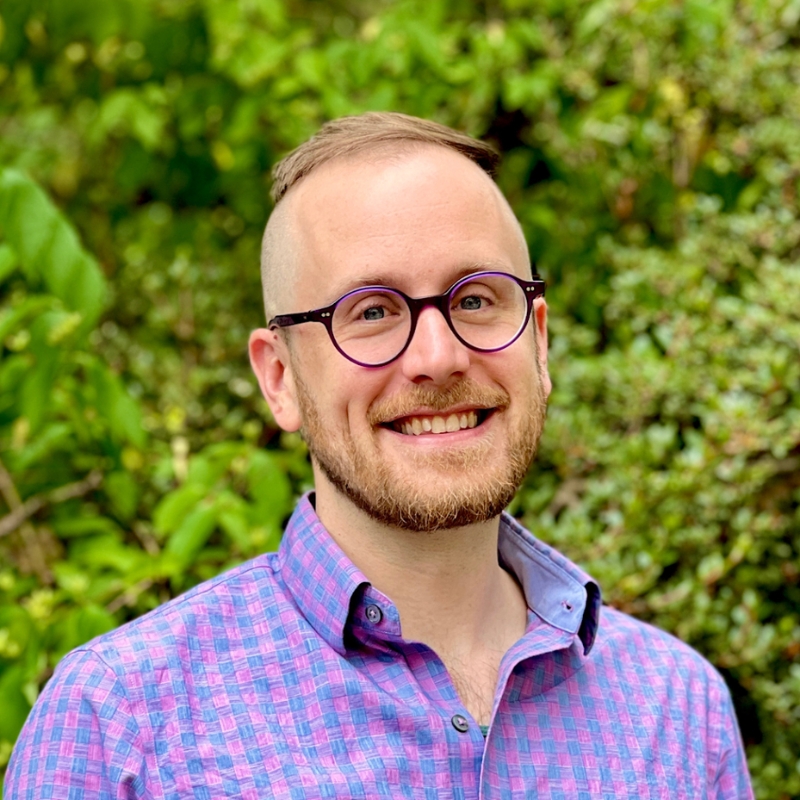
Toldot: All Famines Are Not the Same
As we start to imagine, strategize, and plan around what the next four years will hold and how we will continue to defend human rights and advance justice, we will need to draw not only on our resilience and determination, but also on our creativity and imagination; our willingness to experiment, to fail, and to try new things.
more
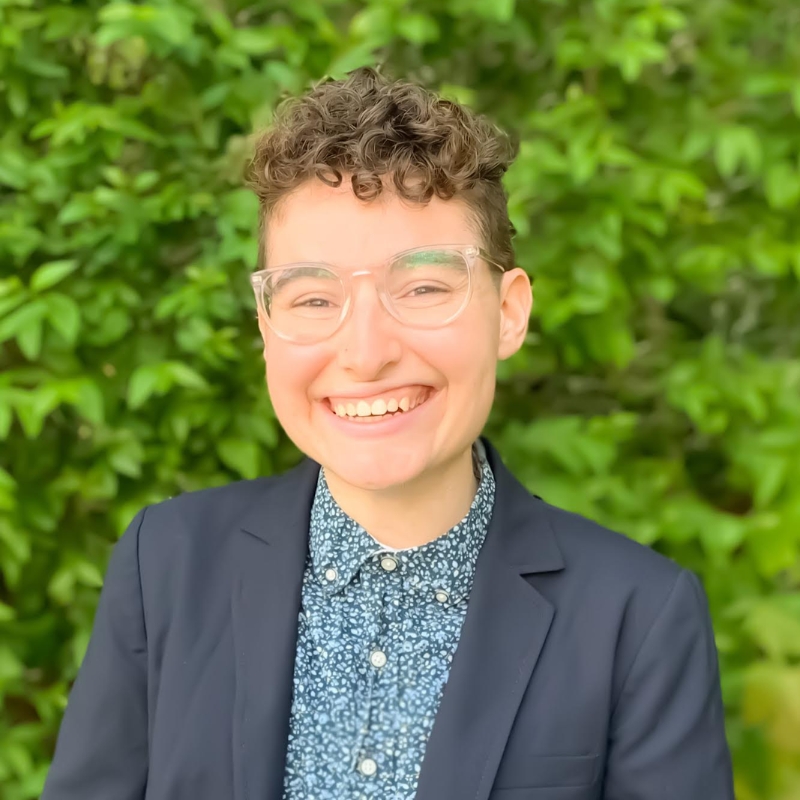
Chayei Sara: Power Rooted in Life, Not Trauma and Death
In the aftermath of trauma, there is a natural desire to protect, to retaliate, and to secure our own safety at all costs. But in seeking safety, in seeking justice for our own pain, we can risk perpetuating cycles of violence that dehumanize others — and ultimately ourselves.
more
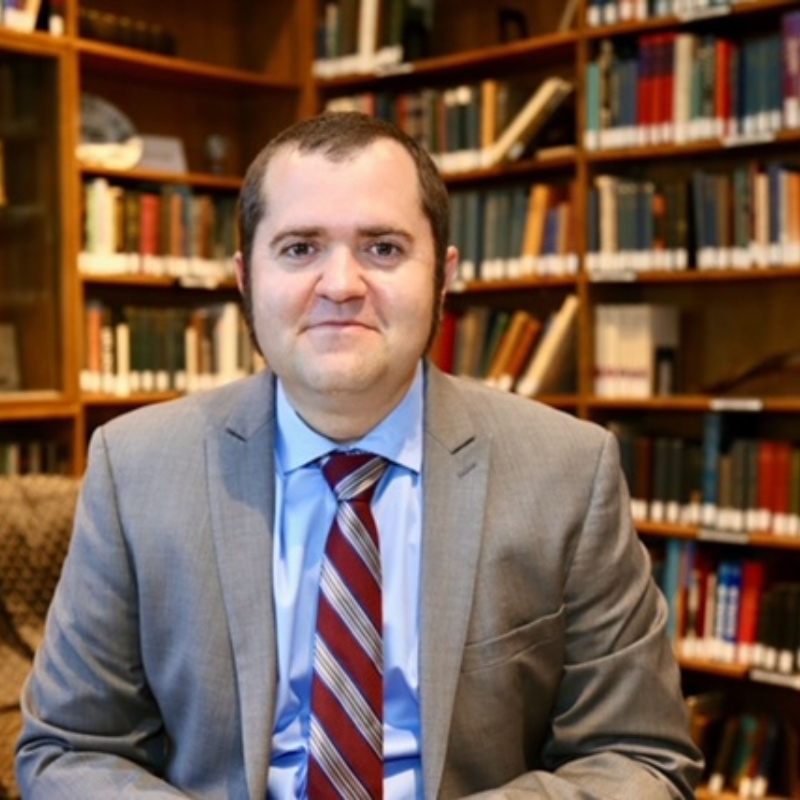
Vayera: Paragons Protesting Power
Like Abraham, we are called to step forward, raise our voices in defense of those whose rights are being violated, and advocate for a more just and compassionate world.
more
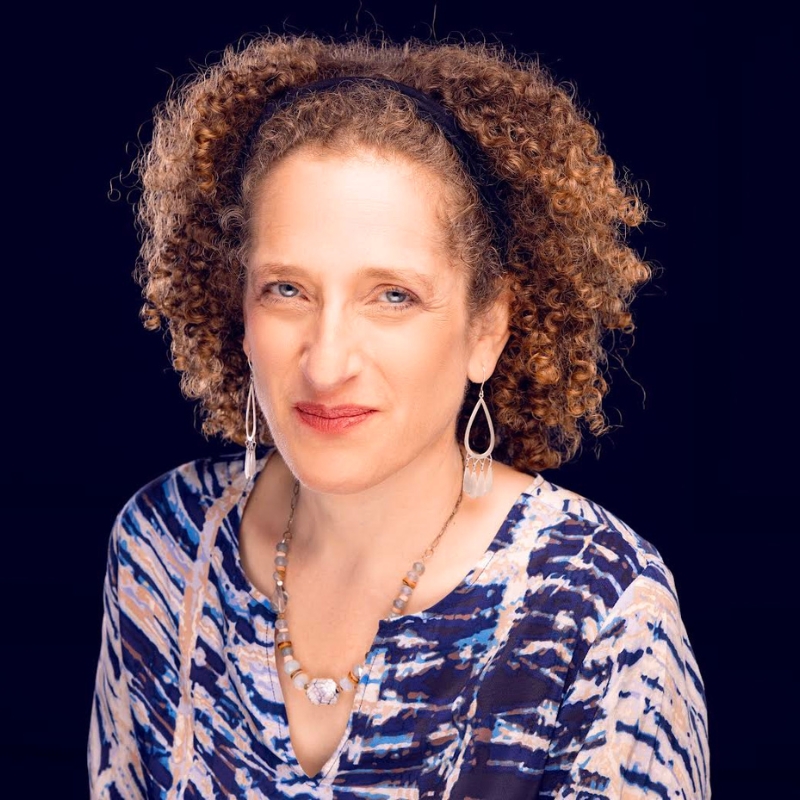
Lech Lecha: Blessings for Times of Stress and Uncertainty
We are not only here to receive blessings but to redistribute them, to share them with others. In a time of profound global instability, we must remember that true blessing is found in the act of blessing others.
more
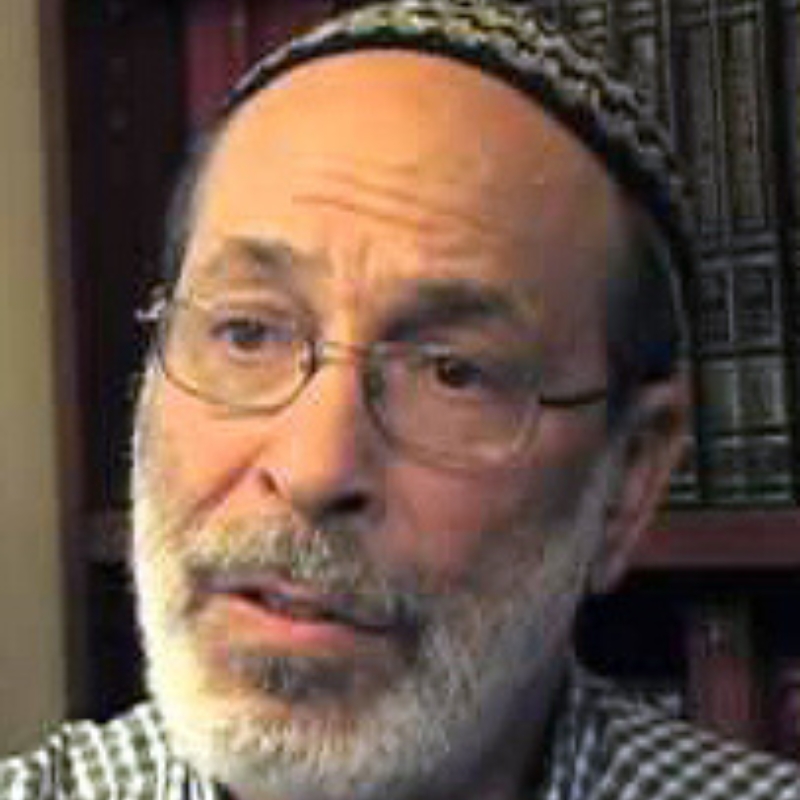
Noach: Opportunities for Healthy Reboots Are Built into the Universe
Just as human choices brought about the flood and built the Tower of Babel, our choices in the election will determine where we go from here. And though the possibility of the bet-lamed of destruction is surely out there, so too is its opposite, lamed-bet — heart. In all of the anxiety, we can bring love to bear on the choices before us.
more
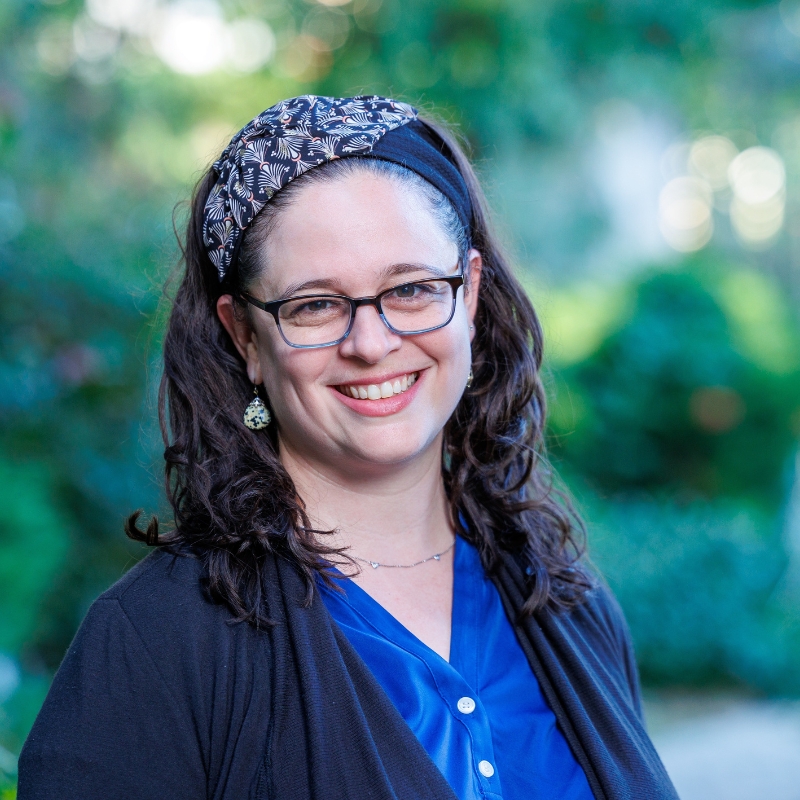
Sukkot: Clinging to Possibility in the Face of Obstacles
The rabbis of the Talmud knew there would be times when we would have no choice but to build our sukkot beneath a thick shadow cast by mountains. They knew there would be moments when it would feel audacious to build a sukkah at all.
more
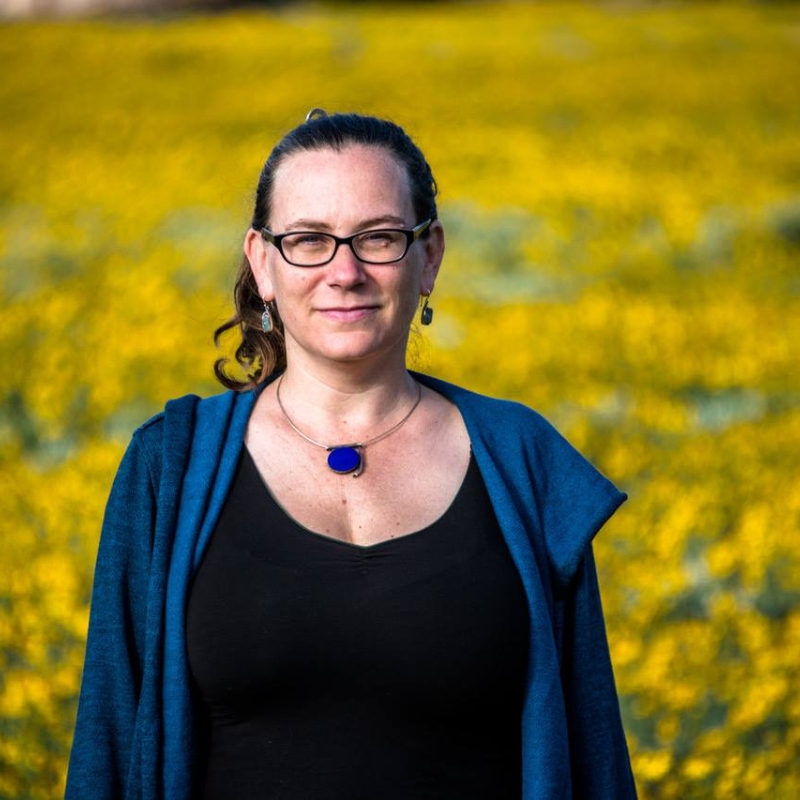
Simchat Torah: Planting Seeds of Tears
Can we sing our longings this year in a way that lets all the feelings come through? Can we allow our heartbreak to summon us toward something new?
more
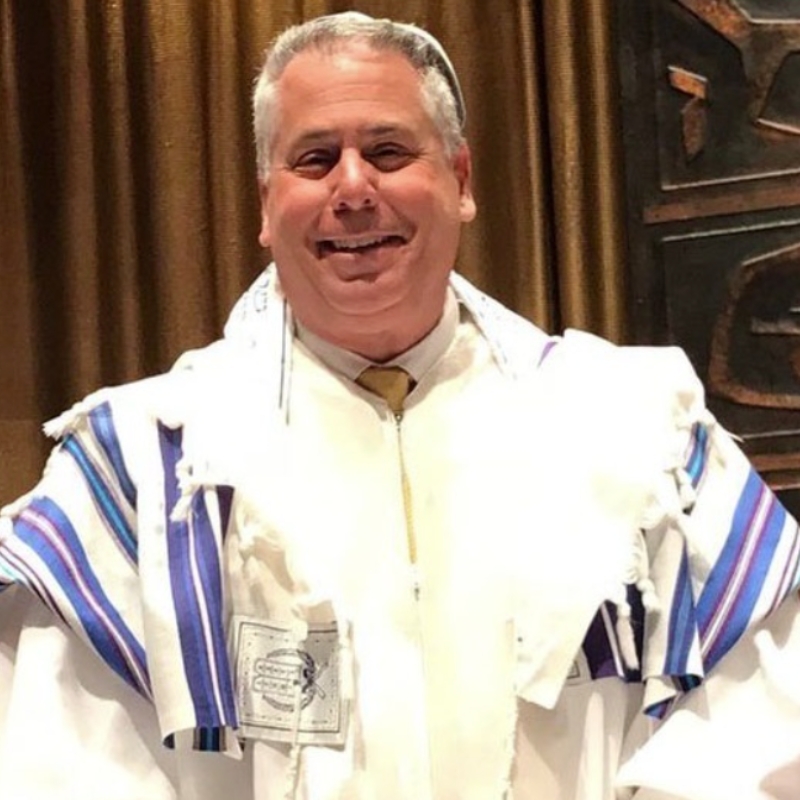
Yom Kippur: Ki Hu Nora v’Ayom — For It Is A Day of Awe & Threat
Unetaneh tokef grants us no illusion of covering up our failures, both of deed and of will. It says that we are counted and our deeds are measured, whether we like it or not. Our discomfort is what this day demands, not the easy promise of reconciliation and repentance.
more
